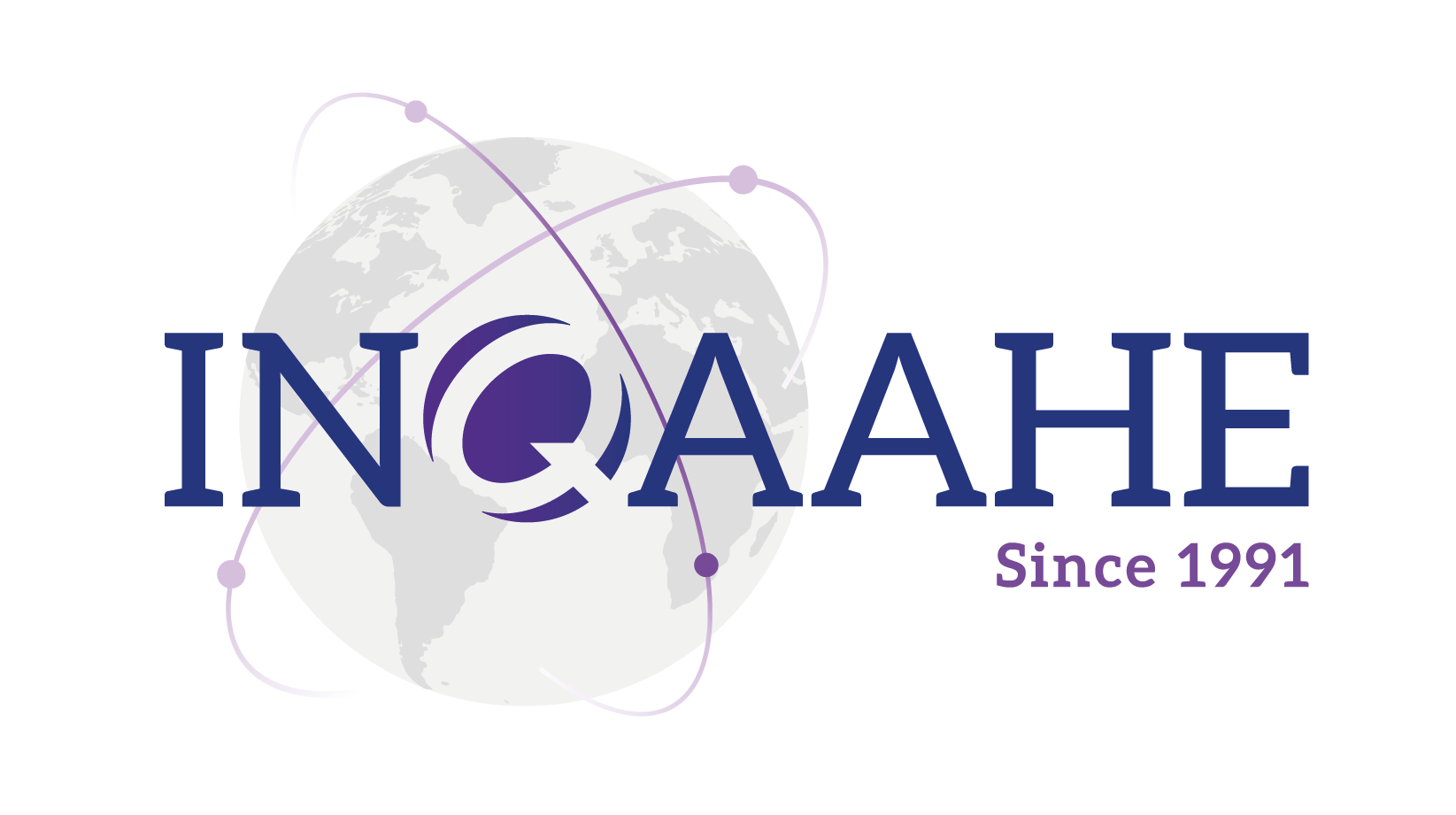
INQAAHE Forum 2024
Transforming Society: Social Reponsibility trough Quality Assurance of Tertiary Education
June 12, 2024
Roundtable
Sub-theme 1: Fostering Civic Engagement
Ensuring inclusive and diverse teaching approaches within quality assurance protocols
This roundtable addresses the challenge of inclusivity and diversity within teaching materials and methodologies in higher education. Focusing on quality assurance protocols, the session aims to dissect the problem, analyze approaches, and discuss implementing quality measures. Divided into three segments, each consisting of three 20-minute discussions, participants will rotate between tables to explore topics ranging from homogeneous teaching resources and suitable pedagogical methods to language barriers. The roundtable commences with an introduction contextualizing the issue and real-life examples, followed by the three segments: problem analysis, addressing approaches, and quality assurance protocols. Each segment explores vital aspects, including curriculum review, faculty development, multilingual support, integrating diversity criteria, audits, and benchmarking practices. The session concludes with a synthesis of key takeaways, emphasizing collaboration for inclusive education. The session duration is approximately 3.5 hours, promoting collaboration, the exchange of ideas, and the formulation of actionable strategies aimed at achieving fair access to quality education for everyone.
By addressing the lack of inclusivity and diversity within teaching materials and methodologies through internal quality assurance protocols, higher education institutions can take substantial steps toward providing equitable access to quality education. Such efforts not only break down socio-economic and cultural barriers but also create a more enriching and supportive learning environment for all students, ensuring they can thrive regardless of their background or language. Our aim is to challenge participants to discuss methods of implementing these efforts, their feasibility, and the difficulties that they may possess.
Facilitated by:
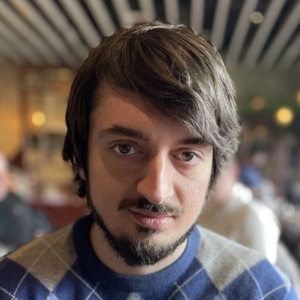 Radu-Ioan CIOBANU
Radu-Ioan CIOBANU
Radu-Ioan Ciobanu is an Associate Professor and researcher at the Computer Science department of the Faculty of Automatic Control and Computers at the National University of Science and Technology POLITEHNICA Bucharest. He obtained his PhD from the same faculty in 2016. His research interests include pervasive and mobile networks, DTNs, opportunistic networks, cloud computing, federated learning, etc. His research has led to the publishing of numerous papers and articles at important scientific journals (such as Pervasive and Mobile Computing, Journal of Network and Computer Applications, Transactions on Emerging Telecommunications Technologies, Ad Hoc Networks) and conferences (IEEE GLOBECOM, ICC, IM, WoWMoM, PerCom etc.). He is involved in several national and international research projects, both as member and as coordinator.
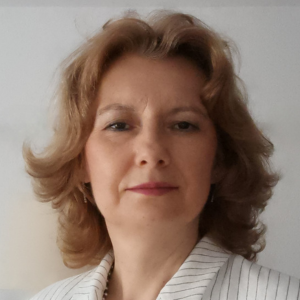 Monica DRĂGOICEA
Monica DRĂGOICEA
Monica is a Full Professor in Systems Engineering at the Faculty of Automatic Control and Computers at the National University of Science and Technology Politehnica Bucharest (Politehnica Bucharest). Her academic journey began with a degree in Electrical Engineering - Automatic Control from UPB in 1993, followed by a master's degree in Engineering Management from Technische Universität Wien, Austria, and the School of Business Administration, Oakland University, Rochester, MI, USA in 1999. She completed my doctorate in Automatic Control from UPB in 2000. Over the past 25 years, she has been involved in theoretical and experimental work within software and systems engineering. Her research spans diverse topics, including artificial intelligence, neural networks, and mobile robotics, with a focus on intelligent control systems for mobile robotics (1993 - 2006). Subsequently, her interests evolved to encompass real-time systems, model-driven development, and object-oriented analysis and design (2007 - 2010). Since 2010, she has been deeply engaged in service systems engineering, digital design of services, and computational intelligence. She a member of the IEEE Systems, Man, and Cybernetics Society, the International Society of Service Innovation Professionals (ISSIP), the Robotics Society of Romania (SRR), and INSTICC, the Institute for Systems and Technologies of Information, Control and Communication.
Presently, she serves as the Head and founder of the Smart Cities and Robotics iLab at the Faculty of Automation and Computers at Politehnica Bucharest. Additionally, she holds the role of Academic Coordinator for BIS - Business Intelligence Specialist, a Postgraduate Continuing Professional Development Program developed in collaboration with SAS Institute. Moreover, she is the Academic Coordinator of the newly established master’s program in Advanced Analytics for Business, forged through a partnership with SAS Institute. These innovative study and research directions at Politehnica Bucharest are designed to integrate powerful analytics tools with smart service design strategies, equipping their students with essential skills for future employment opportunities in our evolving society.
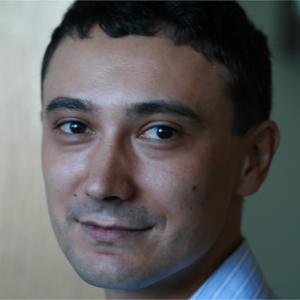 Ciprian DOBRE
Ciprian DOBRE
Ciprian Dobre leads the MobyLab group at POLITEHNICA Bucharest and has scientific and scholarly contributions on Data Science, Mobile and Ubiquitous Computing, Internet of Things, Wireless Networks, Modeling / Simulation, Mobile and Urban Smart Technologies. He was awarded the Award "Gheorghe Cartianu" of the Romanian Science Academy in 2016 and as lead developer of MonALISA he was Fellow for California Institute of Technology. He was awarded an Oracle PhD fellowship during his doctoral studies. His results received one IBM Faculty Award, two CENIC Awards (for worldwide records in high-speed networking demonstrated at SuperComputing), and four Best Paper Awards. His results were published in over 100 books, chapters in edited books, articles in major international peer-reviewed journal, and well-established international conferences and workshops.
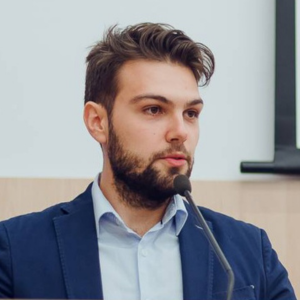 Petrișor L. ȚUCĂ
Petrișor L. ȚUCĂ
Petrișor L. ȚUCĂ is the head of the Quality Assurance Department at the National University of Science and Technology Politehnica Bucharest and is a member of the permanent committee of engineering sciences at Romanian Agency for Quality Assurance in Higher Education (ARACIS). He held a two-year term as a member of the ARACIS Council and was president of the largest and most important student federation in Romania. In addition, he was an invited member of the Social Dialogue Commission of the Ministry of Education and invited to other structures of the ministry where the financing of higher education is discussed.
He is currently pursuing a Ph.D. with an emphasis on the digitization of higher education. He also acted as an expert or expert coordinator in several national and international projects focused on quality assurance and digitalisation of higher education. His significant contributions in the field underscore his commitment to improving and modernizing the higher education system.
If you have any question about the event, please do not hesitate to contact INQAAHE and/or the Forum host, ARACIS.

